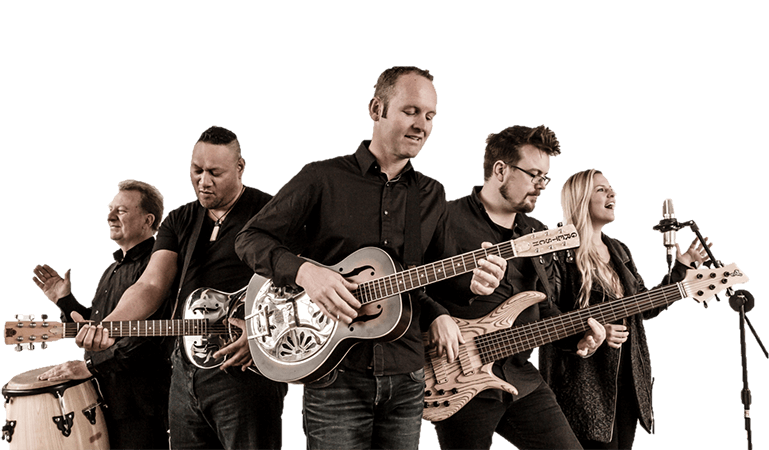Psalm 30 is a psalm of testimony and thanksgiving proclaimed before the assembly of God’s people. In verses 1-3 we have words of praise to God in the much used expression of being lifted up out of the depths and up from the grave. Verses 4-5 are an exhortation to the assembly in the light of what David has experienced. Verse 5a is virtually a creedal statement by this stage and it is found throughout the Old Testament: ‘For his anger lasts only a moment, but his favour lasts a lifetime.’ This was a cherished truth and David now gives new testimony of its truth. He also uses an expression that I think is exemplary of the biblical notion of the temporality of suffering and discipline for God’s covenant people: ‘weeping may remain for a night, but rejoicing comes in the morning.’ Verse 6 and 7a tell of the somewhat careless attitude that David had in the midst of an easy run in his life. But David got a rude shock when all this was taken from him (vs. 7b). The result of this was that David was shaken into some solid faith-action and this is demonstrated in his prayer described in verses 8-10. In his desperation David pleads with God using all the appeals he can summon up in his mind. He knows God and he knows that the most important thing is ultimately that God is glorified. But how can God be glorified by a dead person? What use would he be in proclaiming the faithfulness of God if he were dead in the grave? This is a strong appeal and it is exactly the kind of faith that God looks for in his people. Faith comes by hearing the word (Rom. 10:17) and the person of faith uses the word to put weight into his lean on God. David demonstrates here a deep and knowing trust in God and in the character of God. He is like a lawyer making appeals before a judge though in intensely relational terms. And David’s argument indeed carries weight before the throne of God. Jesus always commended those who made appeals like this and remarked at the greatness of their faith.
Consider what this time of suffering did for David. It shook him out of his spiritual comfort and activated him to exercising his faith in a way that was not required in a time of ease. Since faith and trust are at the heart of what it means to relate to God and since our relationship with God is the most important thing of all, it is no wonder that God sometimes let’s us go through suffering. But the principle of verse 5 still stands: God may lead us into a time of darkness but he who lead us in will also lead us out. And so David testifies to the fact that God heard his trusting appeals and turned his wailing into dancing (vs. 11-12). David now has far greater capacity to glorify God in his life than he ever did before. And this indeed is the main point of everything.
